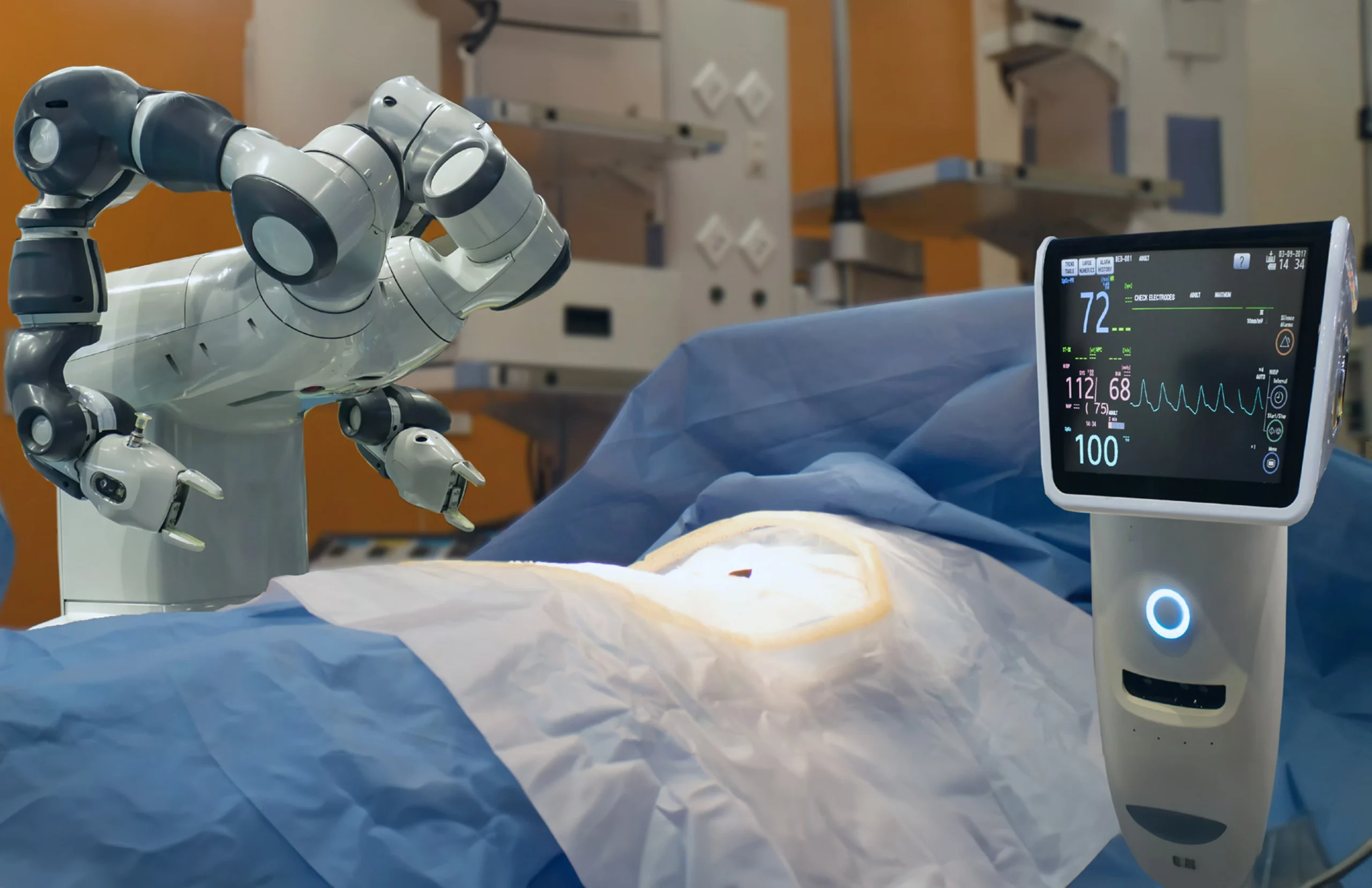DFM is an innovative and unique approach to a product development lifecycle. It is implemented globally to build better products, lower production costs and improve the product design at a very early stage of product planning.
What is Design for Manufacturing?
DFM focuses on optimizing various stages of the manufacturing process. It focuses on implementing necessary changes at the earlier level of product planning when the cost of changes is low, and implementation of these changes is easy.
DFM involves simplifying, optimizing, and refining an existing design to make a stellar product at the lowest possible cost.
The design of any product significantly affects its manufacturing costs. Therefore, the core of any DFM requires the active involvement of all stakeholders early in the design phase, be it a new product or the relaunch of an older one.
The sooner design changes are identified, the fewer expenses organizations incur during production. Changes get expensive as the product starts moving ahead in its lifecycle.
Why is Design for Manufacturing meaningful in product development?
DFM exists in all principal engineering disciplines; however, its implementation varies depending on the manufacturing process and technology used.
DFM fixes potential issues in the design phase, which is the least expensive process to implement changes. These changes may include the product’s basic design, raw materials and finishing.
Additionally, DFM also helps in the analysis of multiple aspects of design and manufacturing. As a result, it enables shareholders to devise better techniques and ideas to improve their products.
DFM could be a crucial differentiator for your business from your competitors. It highlights unnecessary features and materials that add costs to a product and help eliminate them.
Furthermore, DFM involves all stakeholders to build a cost-realistic product that achieves all the desired objectives. It minimizes issues during the manufacturing process to make production efficient.
Identifying issues with the design and raw materials helps in significant cost reduction. Lastly, these design modifications work towards building an effective and efficient product at a subliminal budget.
Principles of Design for Manufacturing
A successful DFM approach must adhere to some basic principles. In this section, we’ll go through some of these principles.
Optimizing them forms a solid foundation for the product to succeed in all circumstances. The following five principles must be the core of any DFM as they help managers structure their objectives.
-
Process:
Choosing the most effective manufacturing process is key to any successful product. A process, which isn’t compatible with the product could add additional strain on the budget.
The process should focus on cost-effective solutions and optimizing different systems and processes. It must also consider the materials used and the tolerance of the product.
Selecting the correct process is paramount as the remaining four principles heavily rely on it. Stakeholders must thoroughly analyze multiple process options before finalizing the manufacturing process.
-
Design:
Product design is another vital factor that decides the success or failure of any product. The design significantly impacts a product’s overall feasibility or cost-effectiveness. A practical design not only minimizes costs but also controls production times.
In contrast, the opposite could waste substantial money and time. The actual design or drawing of the product must adhere to the highest possible standards and conform to excellent principles in line with the manufacturing process you’ve selected.
DFM designers should also analyze the effect of the design on different aspects of the manufacturing process and then evaluate changes, if necessary.
-
Material:
Selecting suitable materials goes a long way in determining the viability of a product. However, some material properties must be considered in the DFM process, like mechanical strength, opacity, thermal resistance, electrical properties, color and flammability.
Communicating your needs effectively to your raw material contractor will go a long way towards improving your product. The choice of materials significantly impacts the overall cost of any product. Designers should carefully analyse materials as early in the design phase as possible.
-
Environment
Any product is expected to withstand harsh and challenging environments. Therefore, evaluating the service environments keenly and designing a product whose parts can perform optimally in extreme conditions is often the difference between a high and low-rated product.
Identifying unrealistic expectations is vital since these would drain unnecessary resources.
-
Testing
Thorough testing before a product is on the market is another critical step. Products are expected to comply with all safety and security standards.
Specific testing of all aspects and workings of a product will help identify safety issues and other operational errors if any.
Testing is crucial since any fault may lead to grave damage to other parts of the product and cause significant losses. Therefore, before mass production begins, checking the accuracy and testing the product for all compliance needs should be a high-priority task.
Ignoring quality analysis is bound to bring peril to your products, and waiting for it until very late in the production process is bound to get poor results.
Benefits of design for manufacturing
We have already seen how DFM can positively affect the manufacturing process of any product. Therefore, focusing on the principles discussed above will reap long-term product rewards.
A good DFM strategy simplifies design complexity and focuses on necessary changes to reduce costs and improve customer satisfaction.
DFM’s most notable advantage is increasing profit. However, it offers other significant benefits like a smooth and streamlined product development lifecycle, an efficient manufacturing process, improved quality and the ability to scale up production seamlessly.
In sum, it is an effective way to deliver quality products to your consumers with a budget-friendly approach.
How can eInfochips help?
eInfochips has more than 25 years of experience in designing embedded hardware designs. We work closely with the contract manufacturers to ensure that the designs are optimized for testing (DFT) and manufacturing (DFM) to reduce design alterations on production transfer.
We are an Arrow company with a robust ecosystem of manufacturing partners which can help with electronic prototype design, manufacturing, production, and certification.
eInfochips makes smaller, faster, reliable, efficient, intelligent and economical products. In addition, we have worked on developing complex embedded control systems for avionics and industrial solutions.
Get in touch today: https://einfochipsstge.wpenginepowered.com/contact-us/













